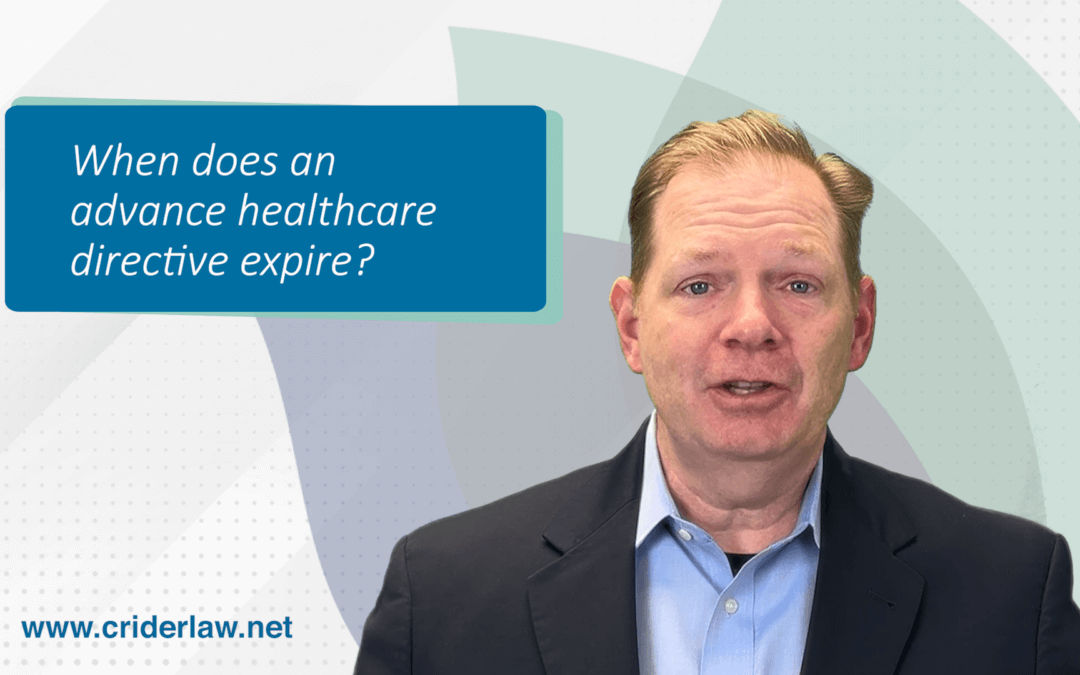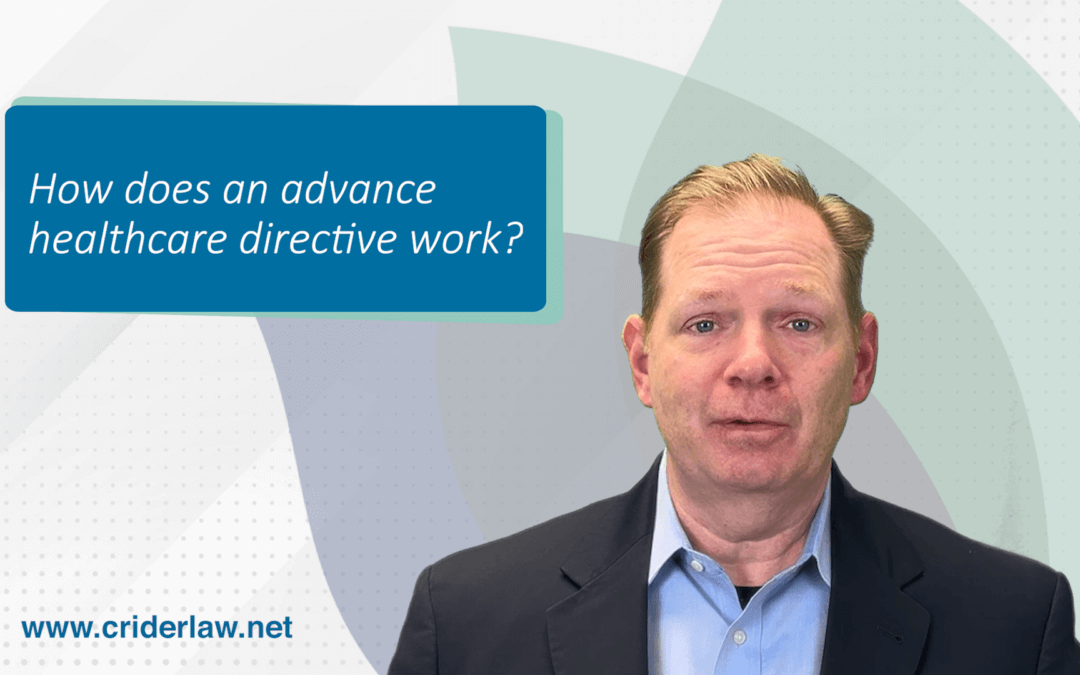
Will your advance health care directive be followed if you move to another state?
And the answer is it depends. Some states have laws which say that an advance health care directive from another state will be honored in this state. Other states have very specific laws about what is required for a valid advance health care directive.
So the best advice is if you end up moving to another state, you should contact an estate planning attorney who is licensed in that state and talk with that attorney about getting a new advanced health care directive that is valid under that state’s law.
If you have additional questions about health care directives or anything else related to estate planning, please click the link on this web page and we’d be happy to schedule a time to talk with you.







